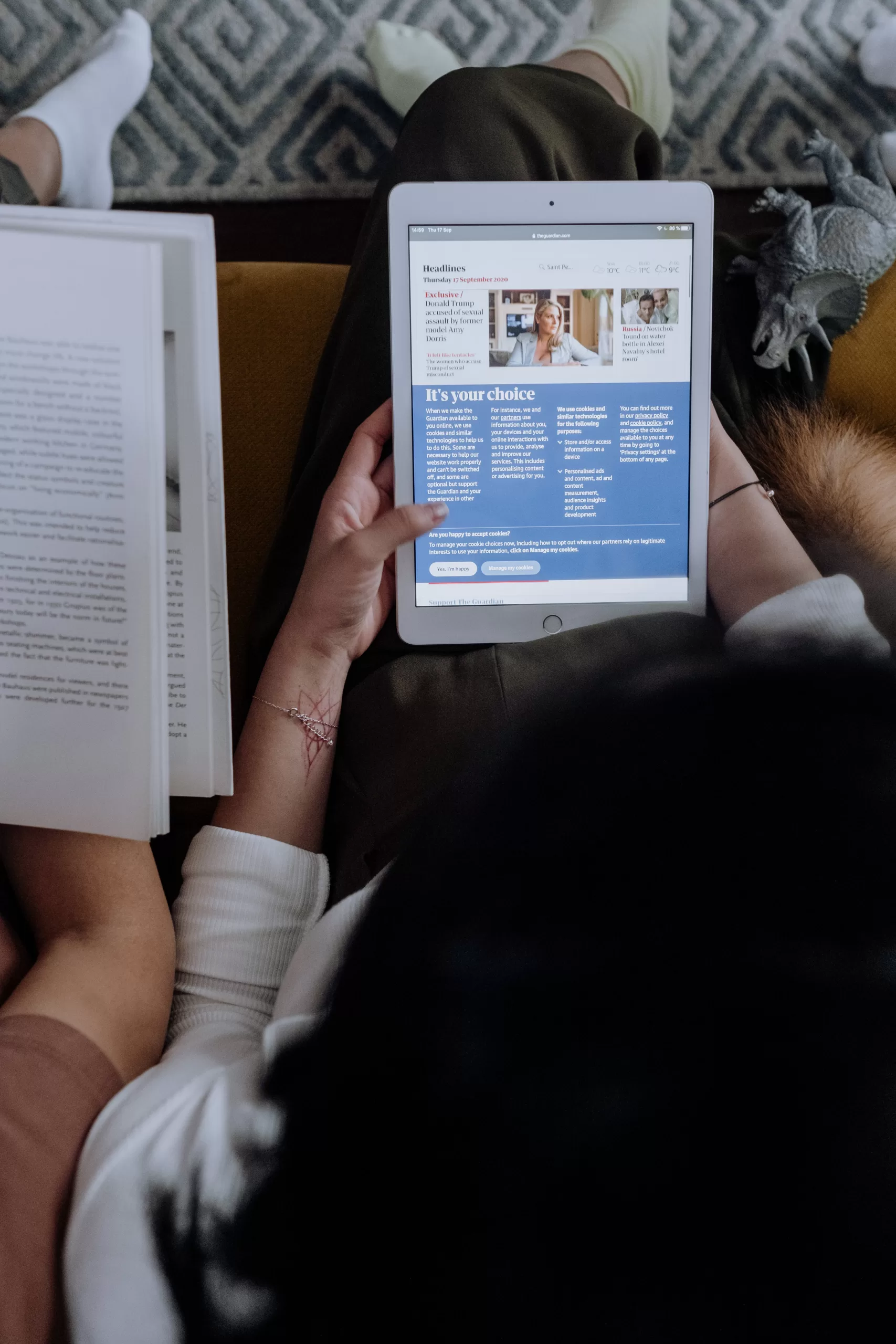News
Why Google and Meta owe news publishers much more than you think – and billions more than they’d like to admit

This code has prompted Google and Meta to strike deals with a number of Australian media organisations, addressing the longstanding conundrum of how to get platforms to pay for news. (Pexels Photo)
In a time of war and populism, the world needs quality information and credible news outlets. Local news is a part of this healthy ecology.
But news publishers have struggled to find ways to make money in recent years – especially as referral traffic and ad revenue from social media sites continue to fall.
The monopoly power of large platforms, and the control they exert over news distribution, was one reason Australia’s competition authorities introduced the News Media Bargaining Code in 2021.
This code has prompted Google and Meta to strike deals with a number of Australian media organisations, addressing the longstanding conundrum of how to get platforms to pay for news. It has even become a template for other countries looking to compensate their own media businesses.
But what exactly is fair compensation in this case? Our new report suggests the amounts of money Google and Meta should be paying news publishers are far greater than anyone imagined, and far more than the tech companies themselves claim.
When Australia’s bargaining code went global
Australia broke new ground when it passed the News Media Bargaining Code, successfully pushing Google and Meta to reach voluntary commercial agreements with a number of media organisations.
It was a world-first piece of legislation, as La Trobe University Professor Andrea Carson put it.
According to the Australian Competition and Consumer Commission, payments made under the code total about A$200 million each year. It’s no surprise other governments are looking at Australia’s law to find ways to get payments for their news too.
Indonesia, New Zealand, South Africa and Switzerland have all considered similar laws. Japan conducted a study on the online distribution of news content, and in September warned tech platforms low payments to publishers could violate antimonopoly laws.
In Brazil, attempts to introduce platform remuneration legislation were scuppered in May after significant pressure from Google, but are currently being revived.
In the United States, the Journalism Competition and Preservation Act, which would allow collective bargaining by news publishers, was introduced by Democratic Minnesota Senator Amy Klobuchar in March.
Then, in June, the California State Assembly passed the California Journalism Preservation Act, which would require large tech companies to share their advertising revenue with news outlets. However, the bill has been put on hold until 2024.
Whether or not the laws pass, Google and Facebook are coming out against them, threatening to drop news from their platforms in several countries. Facebook dropped news in Canada in August, and in Australia in February 2021 (before bringing it back a short while later).
Google and Meta suggest news isn’t core to their business and can be dropped or de-emphasised. At the same time, reports say they’re continuing to give small amounts of money to publishers.
In fact, interviews we conducted over the past couple of months with people working for different outlets suggest Google has recently been raising payments made to publishers worldwide, in what we think is an attempt to forestall legislation.
Globally, publishers have estimated what they believe they’re owed under platform remuneration acts similar to Australia’s. But these amounts are covered under non-disclosure agreements when publishers make direct deals with Google and Meta.
Our working paper is the first to estimate what Google and Meta owe US publishers. We have made our methodology public so it can be checked and replicated.
We found that in the US, Google and Meta owe news publishers between US$11 billion and US$14 billion per year. This is much more than the sums being paid out, which we know about through interviews and specific cases in which amounts have been made public.
Sharing surplus value fairly
At the core of our study and its conclusions is what economists call “surplus” – the additional value created when two sides enter into a mutually beneficial interaction. Importantly, the value generated from the interaction is larger than if the two sides were to operate in isolation.
Digital platforms benefit from having varied, credible and timely news content provided by publishers. This enhances user engagement and makes their platform more attractive to advertisers. News publishers benefit by finding an avenue through which they can distribute their content, thereby reaching more readers.
Our methodology found this additional surplus value generated from the platform-publisher interaction, and then used insights from the economics of bargaining, and from historical benchmarks, to calculate a “fair” payment owed to news publishers.
Our methodology is transparent and replicable, and offers the flexibility to change underlying assumptions based on the market and geography being analysed. With this report, we hope to broaden the discussion over the payments that large digital platforms such as Google and Facebook owe news publishers.
It’s more important than ever that deals between platforms and media businesses are fair and transparent, and that publishers stick together as they negotiate. More value is created when bargaining is collective.
The Conversation reached out to Google for comment but did not receive a response before the deadline.![]()
Anya Schiffrin, Senior Lecturer in Discipline of International and Public Affairs, Columbia University and Haaris Mateen, Assistant Professor, University of Houston
This article is republished from The Conversation under a Creative Commons license. Read the original article.





















